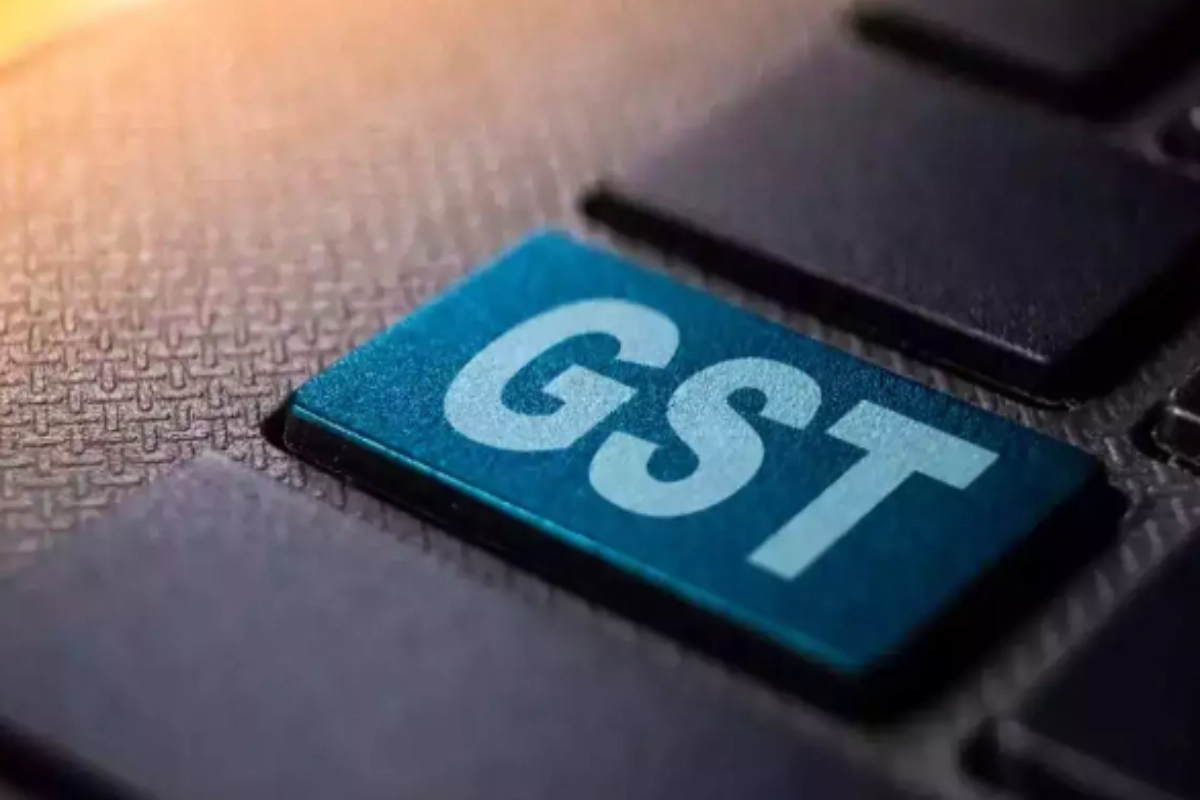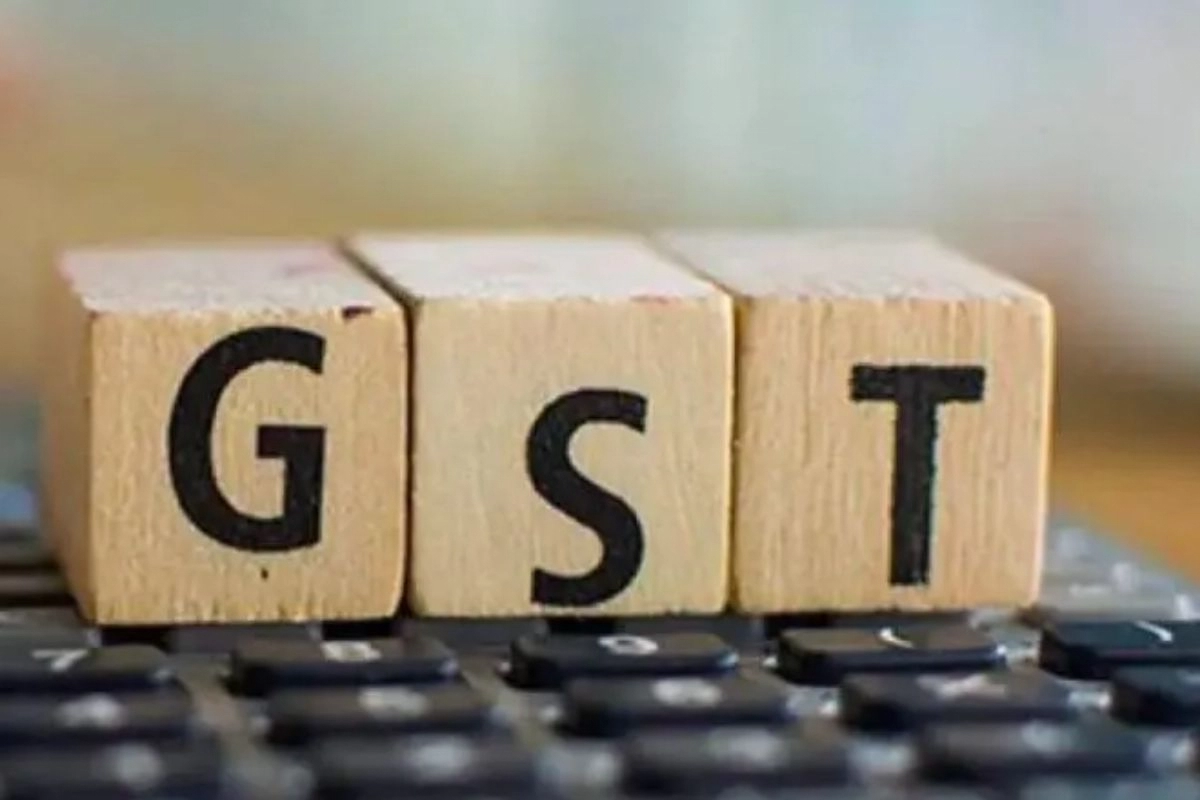The government is unlikely to give in to demands for changing the compensation formula for goods and services tax (GST) despite opposition-ruled states demanding that the Centre borrow from the market and transfer funds to meet the shortfall between actual collections and the promised growth of 14%.
Top government officials told TOI that the compensation mechanism and calculations of what it should be has been “hard wired” into the law and the proposals put before the states were based on two rounds of consultation with attorney general K K Venugopal.
Punjab has formally rejected both options provided by the Central government to make up for goods and service tax (GST) compensation shortfall. State finance minister Manpreet Badal has written to Union finance minister Nirmala Sitharaman communicating the decision while seeking clarity on several concerns raised by the state.
Senior Karnataka Congress leaders, who have dealt with the subject of GST before, say the Centre has little choice under the Constitution but to borrow funds and honour its payment obligations under the GST law to the states.
“The Centre has to compensate states for the GST shortfall as laid down in the laws. It cannot transfer its responsibility to the states,” M Veerappa Moily told ET. He was the Union law minister when the GST law was drafted during the UPA-II regime.
In a note to the states Saturday, the Centre had rejected their demand that it should do the borrowing, and proposed two options — borrow Rs 97,000 crore (revenue shortfall arising on account of GST implementation and not taking into account the Covid-19 impact) or borrow the entire Rs 2.35 lakh crore.











